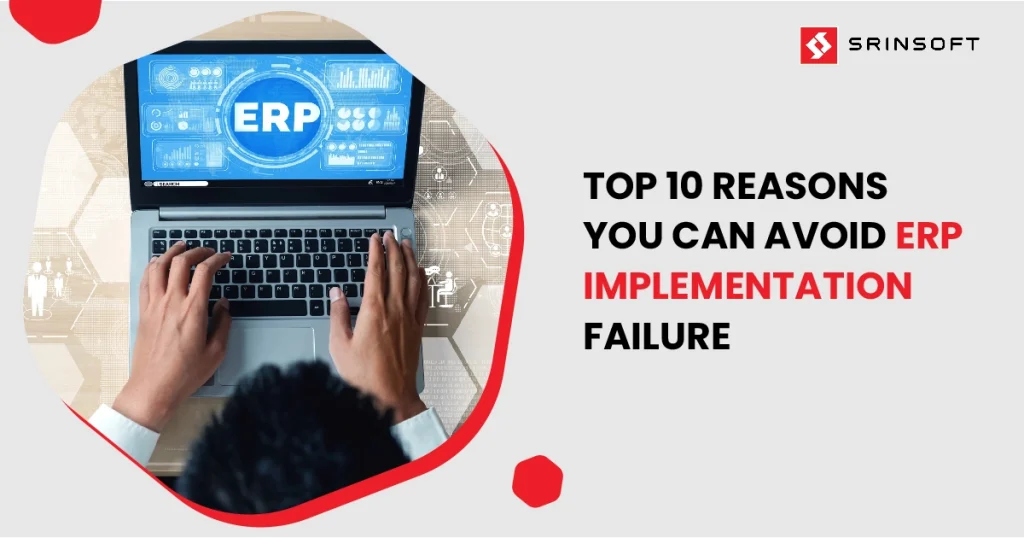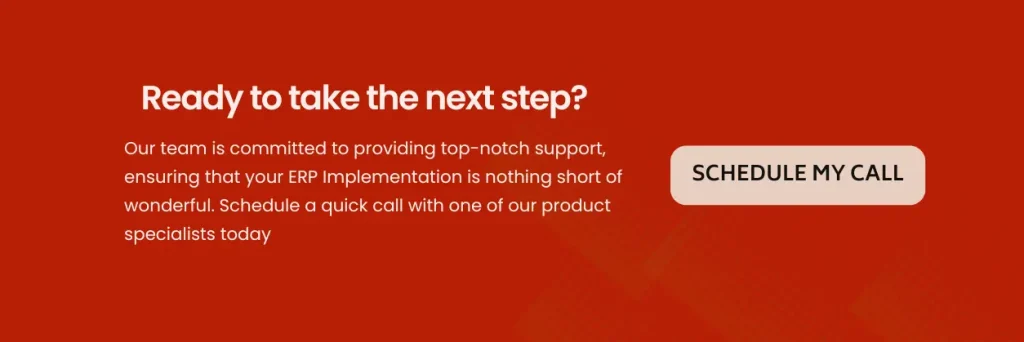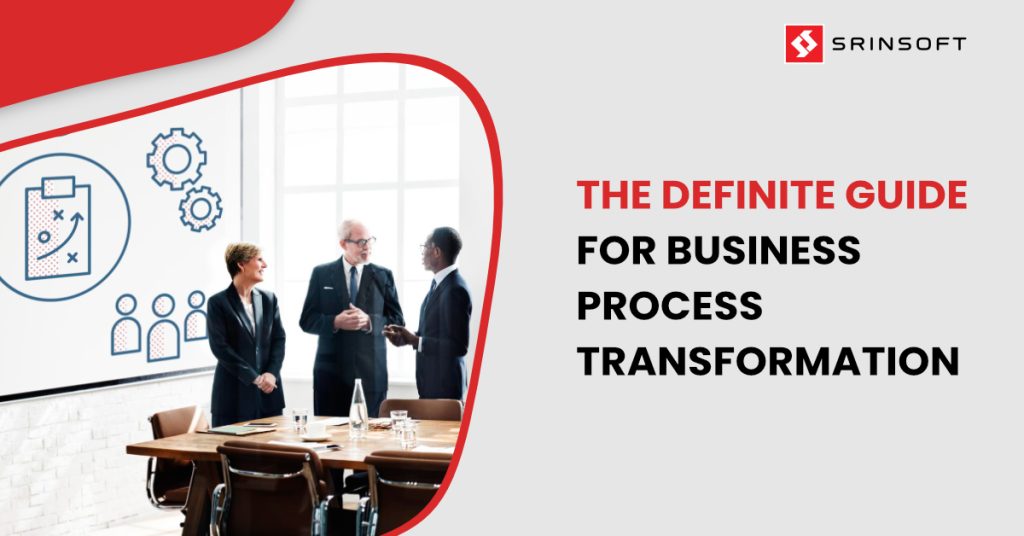
Implementing ERP (Enterprise Resource Planning) software is notoriously difficult, and many projects fail. Yet, when implemented properly, ERP systems can vastly improve a business’s efficiency and scalability of operations. However, with all of these advantages, the fact remains that many ERP projects run into problems. Budget overruns, slipping schedules, and outright failures are rampant in large ERP implementations. These might be the result of improper planning, poor management, or underestimating how difficult it can be to integrate all business processes, leading to ERP Implementation Failure.
Nevertheless, organizations can be successful with their ERP implementations. With careful planning and good management, enterprises can reduce the risks and get a successful implementation of ERP within their operations. A detailed understanding of the process helps businesses make better decisions and ensure that they have the best chance to successfully implement ERP.
This article is all about understanding those methods! We cover some of the common pitfalls in implementing ERP solutions and how to overcome those.
Reasons for ERP Implementation failures and how to overcome them
Organizations must be careful to avoid mistakes that have led to failures and adopt best practices to ensure the success of ERP implementation and its long-term benefits. Let us look at some of the common ways organizations fail at implementing ERP as well as the solutions to those impediments.
Lack Of Executive Sponsorship and Support
ERP software projects can fail if top executives do not support and sponsor the initiative. Without their backing, projects may lack the necessary resources like budget and personnel. This can lead to delays and insufficient support, ultimately causing the project to fail.
To avoid failure, it is important to make the senior executives be a part early in the ERP planning process. The strategic importance of the project should also be conveyed to them clearly including the details of how it aligns with the company’s goals, such as improving efficiency, enhancing customer satisfaction, and enabling growth.
Inadequate Training for ERP Implementation Failure
Employees may struggle with the new ERP system if they are not properly trained. Adapting to a new system requires a cultural shift and a commitment to continuous learning. Without proper training, employees may resist new processes and technologies, causing delays and inefficiencies, which ultimately leads to frustration and operational issues
Whenever organizations are implementing a new technology a detailed training program must be developed which specifically caters to employees’ needs. It should also include hands-on training sessions, workshops, and online resources to help employees understand the ERP software, its functionalities, and its benefits. Organizations should communicate effectively to reduce resistance to adoption and ease the employees into embracing the technology.
Poor Data Quality in ERP Implementation Failure
Implementing an ERP system can fail if the data quality is poor. ERP systems need accurate and clean data to work effectively. If the data is bad, it can lead to incorrect decisions and inefficiencies in operations. To mitigate the failure of ERP implementation due to data quality, the following must be ensured:
1. Data Preparation
Organizational data must be separated into static data (like supplier addresses) and dynamic data (like transaction records).
2. Static Data
Static data must be mapped and verified to ensure its accuracy.
3. Dynamic Data
Historical transaction data must be reviewed and decided on how much needs to be transferred. Transfer only current and relevant records to the new system and keep older data in legacy systems for reference.
To ensure data quality for successful ERP implementation, organizations should:
- Regularly clean, validate, and enrich data.
- Establish robust data governance policies defining ownership, access controls, and quality standards.
- Use Master Data Management (MDM) tools for consistency.
- Conduct regular audits and monitoring of data quality.
- Employ data integration tools for seamless data flow.
- Train employees on data management practices.
- Involve stakeholders in governance processes.
- Leverage automated tools for data validation, cleansing, and monitoring.
These strategies help maintain high data quality, crucial for effective ERP implementation and operation.
Lack of Data Governance
Another reason ERP implementations can fail is poor data governance. This means not having proper rules and practices for managing data quality, which can lead to decisions based on incorrect or incomplete information. For a successful ERP implementation, the following data governance aspects should be established.
1. Data Management Practices
Prioritize data cleansing, validation, and enrichment during ERP implementation.
2. Data Policies
Establish clear policies for data ownership, access controls, and quality.
3. Data Management Tools
Use tools to automate data validation and enforce governance policies. Some of the key tools include data quality tools (Talend, Informatica), MDM tools (SAP, Oracle), data integration tools (Apache Kafka, MuleSoft), and data governance platforms (Collibra, Alation). Metadata management tools (Informatica, IBM), data security tools (Varonis, IBM Guardium), and monitoring tools (Splunk, SolarWinds) also play crucial roles. These tools automate data validation, enforce governance policies, and ensure data integrity.
4. Regular Monitoring
Continuously monitor and audit data quality to identify and fix issues proactively.
Improper Change Management
For a business, implementing an ERP System is a major changeover and extends much beyond simply software upgradation. This type of significant change can face resistance from the team and ERP implementation can fail if it is not managed properly.
One main reason for this resistance is a lack of change management. Employees might feel overwhelmed if they suddenly must start working in new ways without proper communication and preparation. Thinking that employees will automatically support the new system can cause big problems.
Failing to understand the importance of investing in change management can also be a fatal flaw when it comes to an ERP project. Good communication is key to keeping everyone focused on why the ERP system is being implemented and the improvements it will bring.
Lack of Expertise
Without the right team possessing specialized skills and expertise, implementing an ERP can fail. Many companies make the mistake of not assigning the right people to the ERP project team, which leads to misunderstandings, misconfigurations, and delays. requires.
To avoid these issues, it’s important to have at least one super user on the team. This person should understand the processes across the entire business, not just one specific area. They can provide a complete view of how the system integrates with different departments. But it’s also important not to overlook functional users. These are the employees who use the system every day and know where problems and inefficiencies are. Their insights are crucial for making sure the ERP system addresses real-world challenges.
Scope Creep
One big reason ERP projects fail is because they keep growing beyond their original plan, a problem known as scope creep. As a consequence, costs go up, schedules are delayed and the focus shifts away from the project’s central importance.
You need to set rules upfront to avoid scope creep. Specify what the project will create, the delineated time when each segment will be completed, and the final cost of the project. This presents a solid framework for the project.
You should also gather requirements carefully. Be detailed about this part and write down what you need the ERP system for. Keep the scope of the project under continuous review to ensure it is kept in line with changing business and market priorities.
No Clarity on Requirements
When requirements are not clearly defined and agreed upon by all stakeholders, you may run into serious issues during the implementation of an ERP solution. Before starting the ERP project, it’s essential to understand what your business needs. Make sure to include input from everyone who will use the ERP system. This includes meeting with managers, users from different departments, and senior executives.
Once you have input from all departments, put together a detailed and accurate list of what the system needs to do. This list is crucial because it guides which ERP system to choose. When talking to ERP vendors, ask them questions thoroughly to make sure their product meets your specific needs.
Insufficient Testing leads to ERP Implementation Failure
Testing is essential to find software bugs and usability issues before the ERP system is used by everyone. Skipping this ERP implementation failure can lead to serious problems in when the system is launched.
A proper testing process should start by testing each important business process individually. After this, test the system with large amounts of data to see how it handles real-world conditions. Finally, simulate the actual launch to check if the system integrates well with existing systems.
Without thorough testing, unexpected problems can arise when the ERP system is launched, potentially causing the entire project to fail. Allocate enough time and resources for testing during the entire ERP implementation process. This includes testing the system configuration, customization, and data migration. Additionally, involve users in the testing process. This helps ensure the system meets business needs and works well with user workflows.
Inadequate Planning and Strategy in ERP Implementation Failure
Without proper planning, projects can face confusion, delays, and going over budget, which can derail the entire ERP implementation. A successful ERP implementation starts with thorough planning and strategy. This includes conducting thorough research to understand why the organization needs an ERP as well as gathering insights from key people from all departments that will use the ERP system.
It is also important to set clear goals and milestones for the project to ensure everyone knows what the system needs to achieve. Create a detailed roadmap that includes what needs to be completed, when tasks need to be done and what resources are needed.
Investing time and effort in the planning phase helps set a solid foundation for the ERP deployment, making it more likely to succeed.
Conclusion
Many companies don’t plan well enough for ERP projects. They might rush into implementation without properly aligning their business processes and system requirements. Implementing an ERP system requires managing change effectively. Without a dedicated leadership team to guide the initiative, employees may resist the new system. Companies also often underestimate how complex ERP projects are. This can lead to rushed ERP implementation failure that don’t align well with business needs.
To succeed at ERP implementation failure, organizations should commit to thorough planning and take the time to plan every aspect of the ERP project. Most importantly, organizations should ensure top management is fully on board and supportive of the project. There should also be an environment where ongoing training and adaptation are encouraged. By focusing on these areas, companies can turn their ERP systems into powerful tools that improve operational efficiency and support strategic growth.

FAQs
What is the failure rate of ERP implementation?
Typically, ERP implementation failure is defined by projects that fail to implement on time, on budget or fail to deliver the expected business benefits. Gartner is often cited as estimating that between 55% and 75% of all ERP projects fail to meet these objectives.
What are the limitations of ERP?
ERPs can take a long time to implement
ERPs aren’t entirely customizable
ERPs need extensive training
What are the 5 components of ERP?
Five common components of ERP systems are accounting and financial management, human resources or human capital management, customer relationship management, business intelligence, and supply chain management.
What are the Challenges of ERP?
Following are some of the challenges of ERP faced by organizations:
- Selecting the Right Vendor
- Integration Process
- Appropriate Training
- Maintaining Data Quality
- High Cost
- Hardware Requirements


